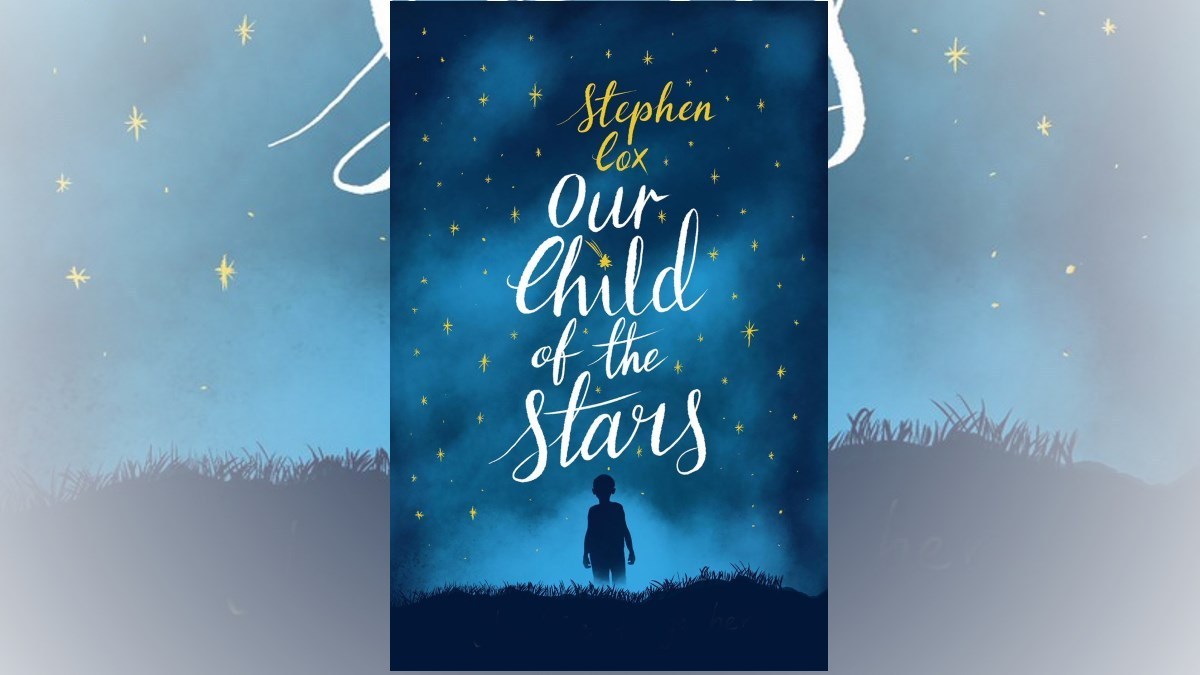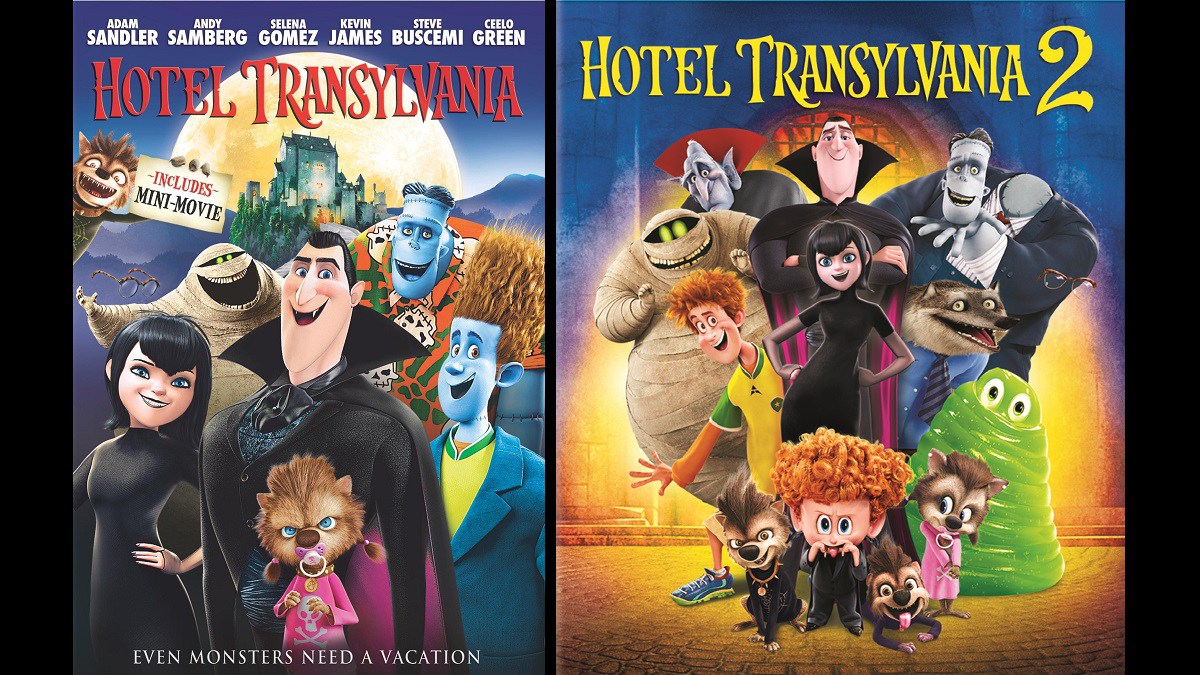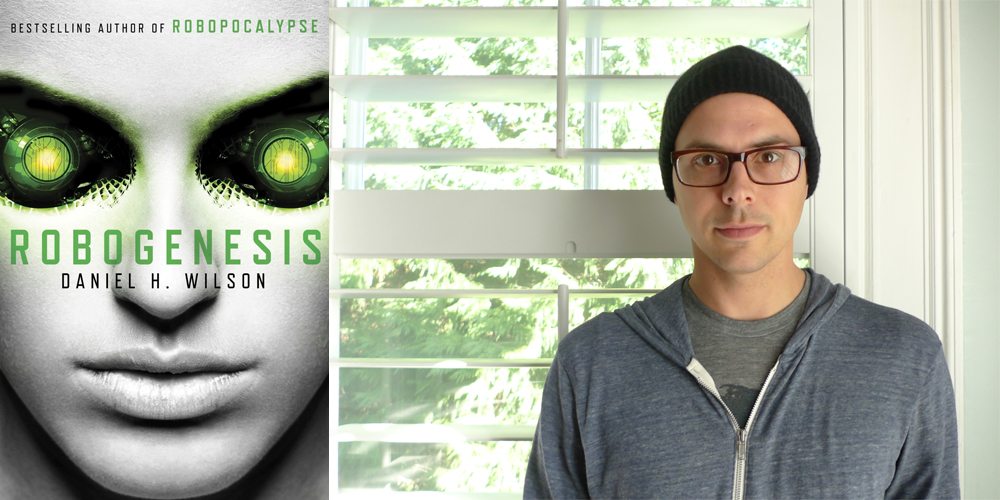 Yesterday I reviewed Our Child of the Stars by Stephen Cox. Today, he has kindly answered some questions about the book and the decisions he made whilst writing it.
Yesterday I reviewed Our Child of the Stars by Stephen Cox. Today, he has kindly answered some questions about the book and the decisions he made whilst writing it.
Our Child of the Stars is a modern take of classic ’60s SciFi, with tentacled aliens and crashing flying saucers. Cox weaves a magical story about Cory, a young boy from a distant planet, secretly adopted by an American couple. It’s a touching novel about the travails of parenthood, and the lengths we will go to keep our children safe.
Here then are my questions, with Stephen’s answers beneath.
Can you tell us a little bit about yourself? and your novel, Our Child of the Stars?
I work in PR, I have a son and a daughter, I’m British, although I was born in the U.S. Our Child of the Stars came from a short story I wrote, it’s Halloween, and Molly is sewing little Cory’s costume. He’s a very unusual little boy and his adoptive parents must keep him a secret to keep him safe. I was keen to write a book that uses the special mirror of science fiction, and yet could also be enjoyed by people who don’t see themselves as SF readers. It’s got love, humor, loss, darkness and yet the joy and hope we need too.
Why did you choose to set the novel in the U.S.?
I’d been reading a lot of Ray Bradbury, the characters came as Americans and stayed that way. It was partly an homage to the more optimistic and wide-eyed U.S.-style of SF—husband and dad Gene is an SFF fan—partly that America is a might-have-been land to me. Yes, it might have been simpler to set it near the Bristol of my childhood…
Do you think the novel would have been any different if it were set in the UK? (Beyond there being more tea drunk.)
It would have been very different. The characters strongly disliked the idea. English SF, huge simplification, feels less optimistic; then you have the UK take on class, snobbery, and the national mindset that the world should rotate around us and it doesn’t. The rural-town divide is different. I think much of the story could have been retooled, but it wouldn’t have been a better read.
Why did you set the book in the ’60s? Did the comparatively primitive technology have any bearing on the decision?
Yes, I’ve blogged that all writing is now under the specter of the availability of mobiles. (A real nuisance in my first unpublished novel.) Hiding an alien would have been even more difficult in our current surveillance state. The Sixties were a time of change and backlash—the best of times the worst of times—it allowed me to talk about war and peace, truth and lies, gender roles… The last year or so I really came to believe Our Child of the Stars is a book speaking to our present condition, not a candyfloss nostalgia. And the playlist, the music becomes almost a character in the book.
Did you consider writing the story about a father-daughter relationship? Do you think it would have been massively different had you done so?
Well, Cory comes from a planet which has only the most minimal gender roles, and insofar he has any strong identity as a boy; that’s learned on Earth. His people are not socialized out of playfulness, expressing feelings, etc. Molly is partly because my Mum comes from that generation of smart educated women who had to figure out new ways of being, ’round the kitchen table. Gene gets an important say about fatherhood in the book… Do I want to write about fatherhood and how wonderful having a daughter is? Yes I do. I stayed at home with my first and I was hands on with both of them.
How big an influence was E.T. on your writing?
I’d be an idiot not to see some influence. True story, it was subconscious. I’d never seen E.T. all the way through, then a beta reader mentioned it. I’m happy to be compared to one of the iconic films of the last century. Yet… E.T. is a simple film about childhood, seen always from the child’s viewpoint. Our Child of the Stars is an adult book about the joys and fears of parenthood, and how children help you see the world anew—told primarily from the adult viewpoint. In addition, Cory sees Earth from outside, and as children can do, he calls humanity out on our cruelties and ignorance. E.T. changes Elliott, but Cory changes the world.
Do check out the other reviews and posts on the Our Child of the Stars blog tour.




